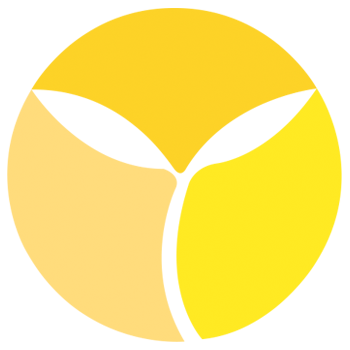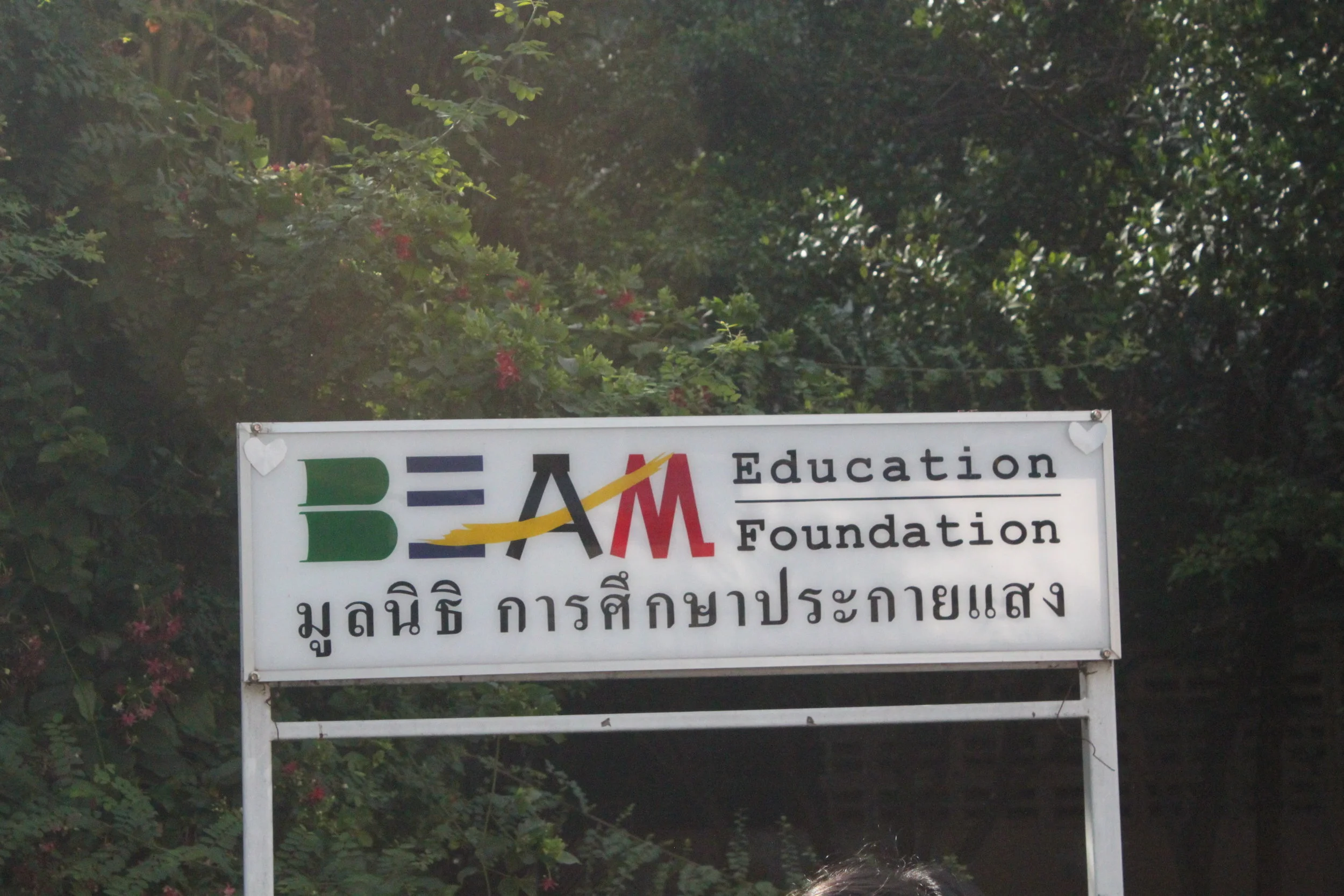This article is part of a series of SPOTLIGHTS showcasing our Community Partners, their ideologies, methodologies, challenges and triumphs. For more, click here.
Skillseed is no stranger to Chiang Mai. Having run several courses in the area, we’ve cultivated connections with community partners who work tirelessly on the ground to create sustainable change.
This June, we partnered with the BEAM Education Foundation (BEAM) on a student exchange program. BEAM is a Chiang Mai-based nonprofit which was founded in response to the rising educational needs of migrants and refugees youths living in Thailand, most of whom are from Myanmar.
At the front and center of this work are Alta Alonzi and Kyo Pho, BEAM’s Higher Education Program Associate and Coordinator, respectively. BEAM’s Higher Education Program seeks to help migrant youths overcome the systemic difficulties which have barred them from accessing higher education. The program’s objective, as Alta puts it, is simple: “Our students are here to learn English, get a scholarship and go to university. We’re here to help them figure out how.”
Inspired by BEAM’s work, we organised a skills-sharing exchange program between students from Singapore’s Hwa Chong Institute (HCI) and BEAM. During the program, the HCI students ran workshops in college-preparedness skills, while the BEAM students taught life-skills like cooking. In between activities, we sat down with Alta and Ko Phyo to discuss BEAM’s trajectory throughout the years.
Theories of Change
Theories of change are the foundations upon which social service organizations are built.
We must develop a robust and specific theory of change in order to create real, sustainable impact in communities. Throughout our week in Chiang Mai, we gained a glimpse into BEAM’s theory of change - which focuses on increasing access to education for stateless and migrant youth in order to build capacity, knowledge, and power within Burmese communities. We got to dig a bit deeper into why BEAM focuses where it focuses; and discovered the foundational beliefs behind their model.
Like everyone at BEAM, Alta and Ko Phyo believe that migrant youth have incredible potential to contribute to development in Thailand, Myanmar, and the entire ASEAN region. However, there are numerous institutional barriers which prevent them from attaining higher education, consequently diminishing their academic qualifications. Alta doesn’t mince her words when describing the dismal situation.
“Right now, if you go to school in Myanmar and then move here (to Chiang Mai), the Thai government doesn’t recognize any of your prior academic certification. What we need is large-scale governmental change. It’s a very slow process; everyone agrees that we need it, but it’s taking forever because hardly anyone wants to do the work or knows how to do it.
There’s an absolute lack of political will, and no support for initiatives that increase migrant youths’ accessibility to higher education. If their high school programs are recognized, our students would not need our General Education Development program. But it’s hard to get support for migrants. The situation here is similar to that of the United States, where there’s stigma against Mexican immigrants” Alta explains.
BEAM envisions a future filled with people-oriented, peaceful, and developed communities in Myanmar and Thailand sustained by local communities who are empowered through comprehensive and continuous access to education. Despite the glacial rate of policy change and advocacy efforts, the organisation is making impressive headway in improving the lives of migrants in a manner that only grassroots initiatives like BEAM could execute.
“BEAM has a very wide scope,” Alta professes. “When BEAM was founded all those years ago, its founders started mapping the needs of migrants in Chiang Mai - asking them ‘What do you need? What do you want?’ - and then they tried to build BEAM’s programs around those needs.”
Aside from the Higher Education Program, Alta stresses that BEAM’s scope of work is extremely diverse. “We have an office in Myanmar, outreach programs in other parts of Chiang Mai, GED programs, occupational programs and a legal branch, among others.”
Still, Alta recognizes that the organization has its limits. “I tell Ko Phyo that we’re too spread out, and need to focus. But it’s difficult to prioritize one need over another when you want to focus on an entire community. We have to pick and choose which needs we want to address. There are so many needs, and that’s why we have so many programs in place.”
Lest we get the idea that BEAM focuses solely on community needs, Alta points out that BEAM is also constantly mapping the assets of migrant communities.
“We’re always asking: What does our community have? And how can we leverage those resources to benefit other members of the community?
For instance, all of our students want to go to college. How do we make that happen? We leverage upon word-of-mouth within the community to bring in partners like Skillseed, the Rotary Club, the CDC school and others who can fill in the gaps that we can’t cover alone. We also leverage upon human capital - many members of the wider migrant community come to work and volunteer here.”
Community and Giving Back
On that note, Alta gushes with praise as she describes the community she’s found. “My colleagues are super awesome, everyone works so hard. Like Ko Phyo, I’m surprised he finds time to sleep. It’s a great community; great students, and great work.”
Ko Phyo has dedicated nearly a decade of his life to the organization.
He describes the community spirit of BEAM alumni: “For many of our students, the first thing that comes to mind after they graduate is how they will give back to their communities or to the schools in the Thai-Burmese border area that they attended before coming to BEAM. Alternatively, many of them join non-governmental organizations, or work on community development projects.”
On the theme of “giving back” - when asked what support BEAM needed, the team mentioned that while their students’ enthusiasm is heartening and essential, the organization is always in need of more wo/manpower. Alta brings up their need for good, long-term volunteers who can stay the course and share the workload borne by a small team of staff and volunteers. She also laments the dearth of physical space on BEAM premises. “We’ve got lots of programs, but not enough space and capacity” she remarks. “Our staff and volunteers are overworked. I don’t know when Kyo Pho finds the time to sleep. We need more people.”
It must be said, however, that these constraints have served to make the BEAM team remarkably resourceful - especially from an American perspective. Alta jokes about the team’s attempts to fix a fan with a broken power button. “In the U.S., I’d have just thrown the fan out immediately. But here, the students got a paper clip and stuck it into the cracks so that the button stays in place […] BEAM engineering!” she quips. “We’re very resourceful, and very determined.”
Even when they fall short of the resources needed to send every student to college, Alta takes comfort in the fact that BEAM has changed the lives of its students in one way or another.
“Even if they can’t go to college, I know they’ve learnt something from our courses, and maybe that will help them get a job. I spent a lot of time this year working with the Rotary Club, which is another way to expand the network and community. At the very least, I can find opportunities for our students to practice English. At best, they get some financial support. A few of our students have found volunteer opportunities through Rotary, and some are even trying to fundraise for scholarships.”
If you are interested in learning more about BEAM’s initiatives, please visit their website. BEAM is currently raising funds that will allow the GED students to take their qualifying exams and apply for university. To donate and support their work, click here.

